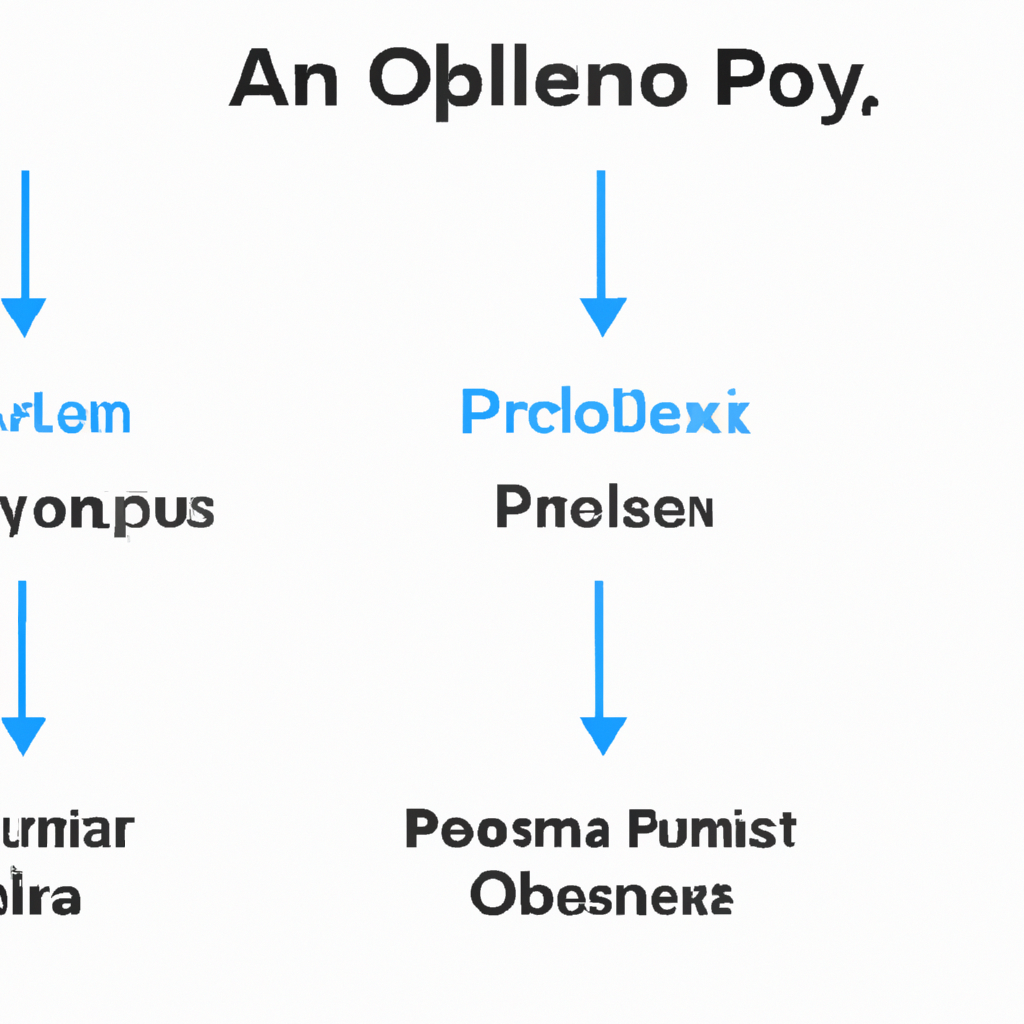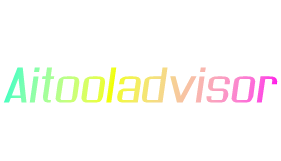-
Table of Contents
- Introduction
- Exploring the Impact of OpenAI on Society: Balancing Innovation and Responsibility
- The Role of Government Regulation in Ensuring Responsible Innovation with OpenAI
- How OpenAI is Redefining the Ethical Boundaries of Artificial Intelligence
- The Challenges of Balancing Innovation and Responsibility in OpenAI’s Autonomous Systems
- Understanding the Implications of OpenAI’s AI-Powered Solutions: Balancing Innovation and Responsibility
- Conclusion
“Innovate Responsibly: Unlocking the Potential of OpenAI with Ethical Considerations.”
Introduction
OpenAI is a rapidly growing artificial intelligence (AI) research company that has been making headlines for its groundbreaking work in the field. As OpenAI continues to push the boundaries of AI technology, it is important to consider the ethical implications of its work. This paper will explore the ethical considerations of OpenAI’s work, focusing on how the company balances innovation and responsibility. It will discuss the potential risks and benefits of OpenAI’s work, as well as the ethical considerations that must be taken into account when developing and deploying AI technology. Finally, it will provide recommendations for how OpenAI can ensure that its work is ethically responsible.
Exploring the Impact of OpenAI on Society: Balancing Innovation and Responsibility
OpenAI is a research laboratory that focuses on artificial intelligence (AI). It is a non-profit organization that is dedicated to advancing the development of AI in a responsible and safe manner. OpenAI has the potential to revolutionize the way we live and work, and it is important to consider the impact it could have on society.
OpenAI has the potential to bring about a number of positive changes to society. For example, it could help to automate mundane tasks, freeing up people to focus on more creative and meaningful work. It could also help to improve healthcare, by providing more accurate diagnoses and treatments. Additionally, OpenAI could help to reduce poverty and inequality by providing access to education and job opportunities.
However, it is also important to consider the potential risks associated with OpenAI. For example, it could lead to job losses, as machines become increasingly capable of performing tasks that were previously done by humans. It could also lead to privacy concerns, as AI systems become more sophisticated and are able to access and analyze large amounts of data. Additionally, OpenAI could lead to the development of autonomous weapons, which could be used for unethical purposes.
In order to ensure that OpenAI is used responsibly, it is important to consider the ethical implications of its development and use. This includes ensuring that AI systems are designed to be transparent and accountable, and that they are not used to discriminate against certain groups of people. Additionally, it is important to ensure that AI systems are designed to be secure and that they are not used to violate people’s privacy.
OpenAI has the potential to bring about a number of positive changes to society, but it is important to consider the potential risks associated with its development and use. By taking a responsible approach to the development and use of OpenAI, we can ensure that its potential benefits are realized while minimizing the potential risks.
The Role of Government Regulation in Ensuring Responsible Innovation with OpenAI
Innovation is essential for progress, and OpenAI is a leader in the field of artificial intelligence (AI). As such, it is important to ensure that OpenAI’s innovations are responsible and ethical. Government regulation can play an important role in this process.
Government regulation can help ensure that OpenAI’s innovations are responsible and ethical by setting standards and guidelines for the development and use of AI. These standards and guidelines can help ensure that OpenAI’s innovations are used responsibly and ethically, and that they do not cause any harm to people or the environment.
Government regulation can also help ensure that OpenAI’s innovations are used in a way that is beneficial to society. For example, government regulations can help ensure that OpenAI’s innovations are used to create jobs, improve public services, and reduce inequality.
Finally, government regulation can help ensure that OpenAI’s innovations are used in a way that is transparent and accountable. Government regulations can help ensure that OpenAI’s innovations are used in a way that is open and accessible to the public, and that any potential risks or harms are identified and addressed.
In summary, government regulation can play an important role in ensuring that OpenAI’s innovations are responsible and ethical. Government regulations can help ensure that OpenAI’s innovations are used in a way that is beneficial to society, transparent, and accountable.
How OpenAI is Redefining the Ethical Boundaries of Artificial Intelligence
OpenAI is a research laboratory dedicated to advancing artificial intelligence (AI) technologies in a responsible and ethical manner. Founded in 2015, OpenAI is a non-profit organization that is committed to developing AI technologies that benefit humanity as a whole. OpenAI is redefining the ethical boundaries of AI by focusing on the development of safe, secure, and responsible AI systems.
OpenAI is committed to developing AI systems that are transparent, accountable, and secure. OpenAI has developed a set of principles that guide its research and development of AI technologies. These principles include: safety, fairness, privacy, transparency, and accountability. OpenAI is also committed to developing AI systems that are secure and resilient to malicious attacks.
OpenAI is also committed to developing AI systems that are beneficial to humanity. OpenAI is focused on developing AI systems that can help solve some of the world’s most pressing problems, such as climate change, poverty, and disease. OpenAI is also committed to developing AI systems that are accessible to everyone, regardless of their economic or social status.
OpenAI is also committed to developing AI systems that are ethical and responsible. OpenAI is focused on developing AI systems that are designed to be beneficial to humanity and that do not cause harm. OpenAI is also committed to developing AI systems that are transparent and accountable, so that users can understand how the AI system works and how it is making decisions.
OpenAI is redefining the ethical boundaries of AI by focusing on the development of safe, secure, and responsible AI systems. OpenAI is committed to developing AI systems that are beneficial to humanity, secure, and transparent. OpenAI is also committed to developing AI systems that are ethical and responsible, so that users can trust the AI system and understand how it is making decisions. By focusing on these principles, OpenAI is helping to ensure that AI technologies are developed in a responsible and ethical manner.
The Challenges of Balancing Innovation and Responsibility in OpenAI’s Autonomous Systems
Innovation and responsibility are two of the most important considerations when it comes to the development of autonomous systems. OpenAI, a research laboratory dedicated to artificial intelligence, is at the forefront of this development. As OpenAI continues to push the boundaries of what is possible with autonomous systems, it must also ensure that its technology is used responsibly.
The challenge of balancing innovation and responsibility is a complex one. On the one hand, OpenAI must continue to innovate and develop new technologies that can be used to improve the lives of people around the world. On the other hand, it must also ensure that its technology is used responsibly and ethically.
One way that OpenAI is attempting to balance innovation and responsibility is by developing a set of ethical principles for its autonomous systems. These principles are designed to ensure that OpenAI’s technology is used in a way that is beneficial to society and does not cause harm. OpenAI is also working to ensure that its technology is transparent and accountable, so that users can understand how it works and how it is being used.
In addition, OpenAI is working to ensure that its autonomous systems are safe and secure. This includes developing safety protocols and safeguards to ensure that the technology is not used in a way that could cause harm. OpenAI is also working to ensure that its technology is not used for malicious purposes, such as to manipulate or exploit people.
Finally, OpenAI is working to ensure that its autonomous systems are accessible and affordable. This includes developing technologies that are easy to use and understand, as well as making sure that the technology is available to people of all backgrounds and incomes.
Balancing innovation and responsibility is a difficult task, but OpenAI is committed to doing so. By developing ethical principles, ensuring safety and security, and making its technology accessible and affordable, OpenAI is working to ensure that its autonomous systems are used responsibly and ethically.
Understanding the Implications of OpenAI’s AI-Powered Solutions: Balancing Innovation and Responsibility
OpenAI is a leading artificial intelligence (AI) research company that is revolutionizing the way we interact with technology. Their AI-powered solutions are helping to create a more efficient and productive world. However, with the rapid advancement of AI technology, it is important to consider the implications of these solutions and how to balance innovation and responsibility.
The potential of AI-powered solutions is immense. AI can be used to automate mundane tasks, improve decision-making, and even create new products and services. OpenAI’s solutions are helping to make these possibilities a reality. However, with the power of AI comes the potential for misuse. AI can be used to manipulate data, create biased algorithms, and even be used for malicious purposes.
It is important to consider the implications of OpenAI’s AI-powered solutions and how to ensure that they are used responsibly. OpenAI has taken steps to ensure that their solutions are used ethically and responsibly. They have implemented a number of measures to ensure that their AI-powered solutions are used for the benefit of society. These measures include:
• Developing ethical guidelines for the use of AI-powered solutions
• Establishing a research and development team to ensure that their solutions are used responsibly
• Working with governments and other organizations to ensure that their solutions are used in a responsible manner
• Establishing a code of conduct for their employees to ensure that their solutions are used ethically
OpenAI’s commitment to responsible AI is commendable. However, it is important to remember that the responsibility for the use of AI-powered solutions lies with the user. It is up to the user to ensure that the solutions are used responsibly and ethically.
In conclusion, OpenAI’s AI-powered solutions are revolutionizing the way we interact with technology. However, it is important to consider the implications of these solutions and how to balance innovation and responsibility. OpenAI has taken steps to ensure that their solutions are used responsibly, but it is ultimately up to the user to ensure that they are used ethically and responsibly.
Conclusion
In conclusion, balancing innovation and responsibility with OpenAI is an important ethical consideration. OpenAI has the potential to revolutionize the way we interact with technology, but it is important to ensure that the technology is used responsibly and ethically. OpenAI must be held accountable for its actions and must ensure that its technology is used in a way that is beneficial to society. OpenAI must also ensure that its technology is used in a way that respects the rights of individuals and does not infringe upon their privacy. OpenAI must also ensure that its technology is used in a way that is beneficial to the environment and does not cause any harm. By taking these considerations into account, OpenAI can ensure that its technology is used responsibly and ethically.





